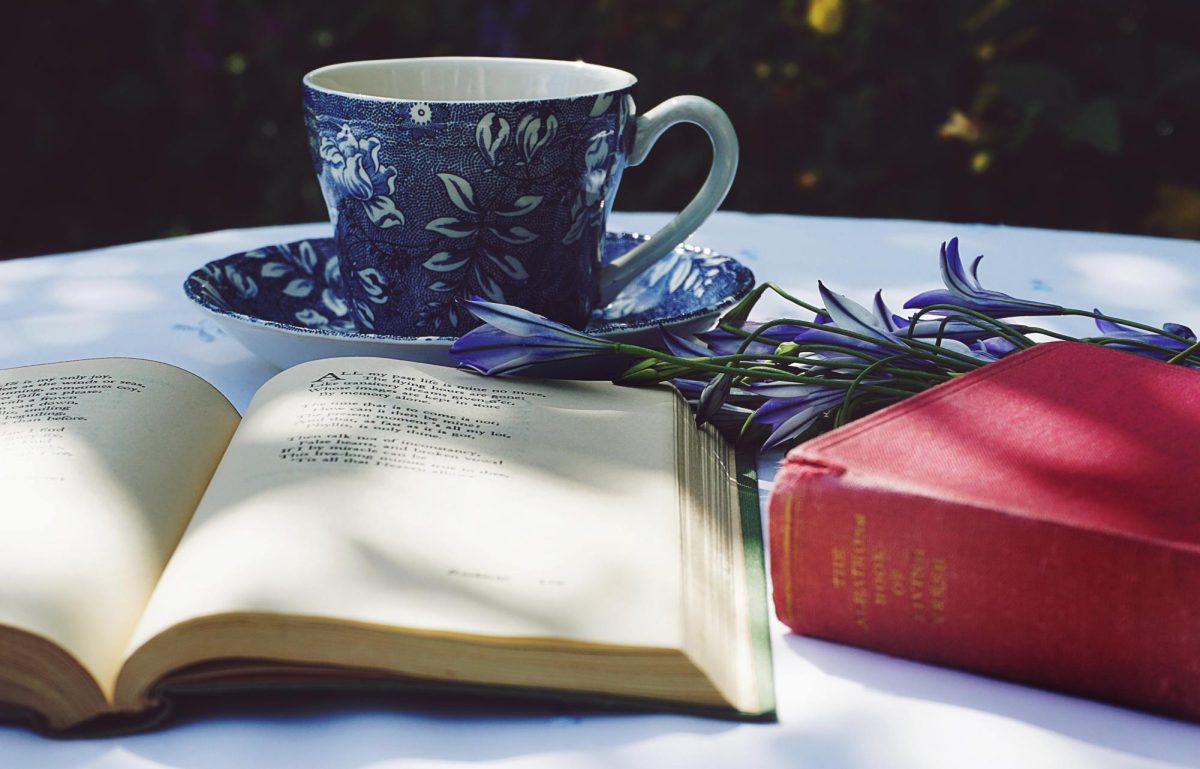Ah, poetry. One of the most timeless examples of creative writing. How do words on a paper defy time? After all, they are just words. What gives them everlasting power?
Poetry is about living in the moment, expressing the ordinary. A year collecting spoons turns into lifelong metaphors and allusions. An experience surfing reveals relatable themes about perseverance. A tragic loss in the family offers perspective that could only be seen through the eye of the writer, captured within a delicate poem.
Some of the most famous poets like William Wordsworth, W.B. Yeats, Edgar Allen Poe and Robert Frost cement their legacies through their poetry. Personally, my writing process is difficult to describe, but as advised by a friend, I will try my best to describe my approach to contributing to the world through my intended career of creative writing.
Typically, my ideas for a poem occur on a whim. I incur inspiration from something that was encountered. This is usually something that I think others can relate to or something that would convey wisdom and/or significance. That’s not to say that I don’t write for the fun of it or for myself, but I find that my poems are more meaningful when they’re inspired by a real-life encounter. It helps connect my words to the hearts, minds and souls of the readers.
Once the idea materializes, I write the premise down on a scratch sheet of paper as soon as possible so I don’t forget. I allocate time out of my day to sit down, work away at translating my thoughts freely into poetic words and watch the art unfold. It helps when one takes classes designed for doing that. Other times, my hand starts writing or typing without a second thought. As Tame Impala sings, “Let It Happen.”
Very rarely is the first draft of my poetry amazing. As humans, when do we ever get something right the very first time? Undeterred, I revise, revise some more, revise again and revise, revise, revise until I need a break. Sometimes, leaving the art and returning with a renewed perspective is best. I have been lucky to have picked up techniques to mitigate writer’s block by simply stopping my writing and coming back to it when I feel ready.
If I need an extra boost of serotonin, stimuli such as music helps me congeal and collect my thoughts. I tend to play music in the background while I write. However, sometimes silence is the only music I need to hear due to the loudness of my imagination.
As I said at the beginning, poetry encapsulates the present. The scene and message become eternal. In time, the ordinary becomes extraordinary. Perhaps the ordinary is extraordinary all along. I think poetry illuminates that incandescently.



